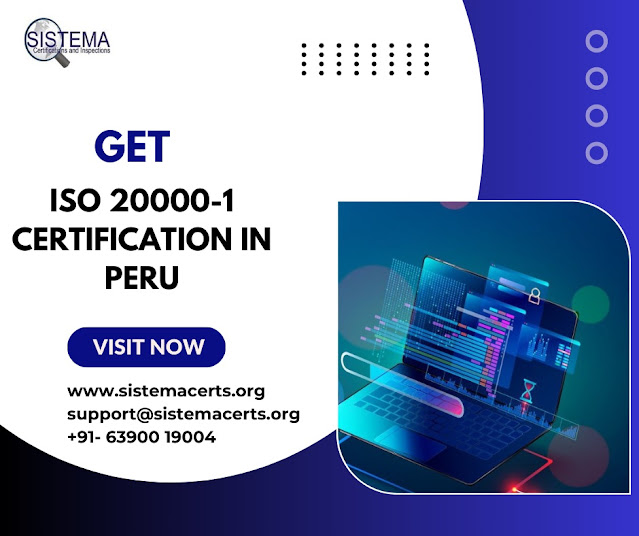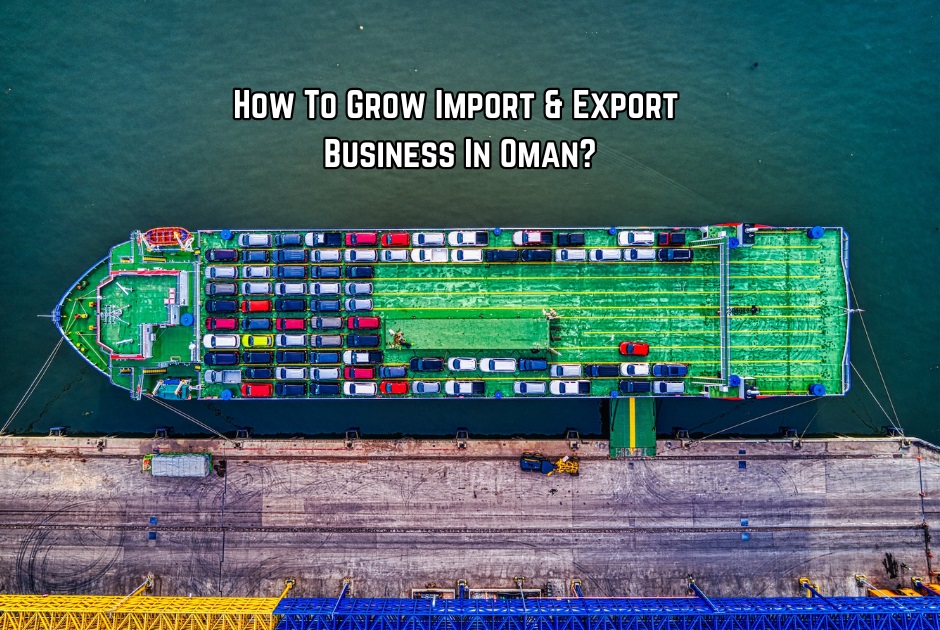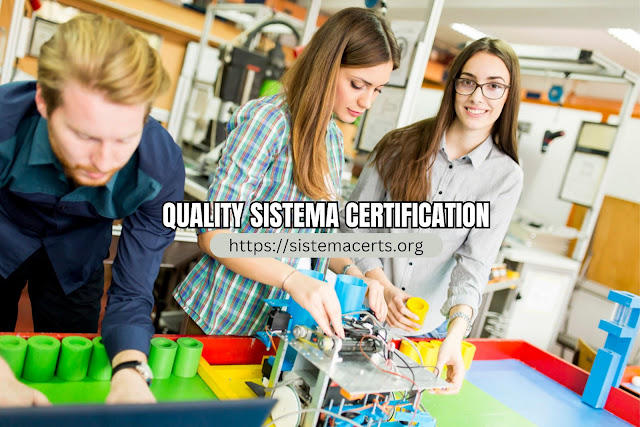WHAT IS ISO 22000 CERTIFICATION? HOW DOES ITS SUPPORT TO FOOD INDUSTRIES?
ABOUT THE ISO 22000 CERTIFICATION?
ISO 22000 is a globally recognized standard that sets the management system for a Food Safety Management System (FSMS). ISO 22000 certification maker sure that organizations in the food industry adhere to stringent food safety practices, from production to distribution.
ISO 22000 demonstrates a commitment to delivering safe and high-quality food products, earning the trust of consumers, and complying with regulatory requirements.
WHY ISO 22000 CERTIFICATION IS IMPORTANT FOR FOOD BUSINESS?
ISO 22000 certification is crucial for food businesses because it provides a structured and internationally recognized framework for make sure food safety throughout the whole supply chain. With increasing consumer awareness & regulatory scrutiny, maintaining the highest standards of food safety is paramount. ISO 22000 support businesses identify and manage food safety risks, implement rigorous hygiene practices, and establish traceability, thereby reducing the likelihood of food-borne illnesses and product recalls. ISO 22000 certification not only safeguards public health but also enhances a company's reputation, instills consumer trust, and opens up opportunities for global trade by demonstrating a commitment to delivering safe and high-quality food products.
WHICH ORGANIZATIONS CAN APPLY?
ISO 22000 certification is applicable to a wide range of organizations involved in the food supply chain, including:
· Food Manufacturers
· Food Packaging and Storage Facilities
· Food Distributors and Transporters
· Restaurants and Caterers
· Retailers
· Agricultural Producers
· Food Ingredient Suppliers
· Food Testing Laboratories
HOW ISO 22000 CERTIFICATION WORKS?
ISO 22000 operates as a comprehensive framework for ensuring food safety throughout the entire food supply chain. It functions by establishing a systematic approach to identifying, assessing, and managing food safety hazards. Organizations begin by crafting a Food Safety Policy, outlining their commitment to food safety. They then conduct a thorough hazard analysis, identifying potential risks at every stage of food production and handling. Critical Control Points (CCPs) are pinpointed, where control measures are implemented to mitigate these hazards. Continuous monitoring, documentation, and internal audits ensure the effectiveness of these measures, fostering a culture of improvement. ISO 22000 certification , obtained through audits by accredited certification bodies, signifies compliance with these stringent standards, demonstrating an organization's commitment to delivering safe and high-quality food products to consumers.
WHAT ARE BENEFITS OF ISO 22000 CERTIFICATION?
Enhanced Food Safety: ISO 22000 Certification helps organizations systematically identify and manage food safety hazards, reducing the risk of food-borne illnesses and make Suring the safety of food products throughout the supply chain.
Regulatory Compliance: ISO 22000 demonstrates compliance with international food safety standards and regulations, which can be especially important for businesses engaged in global trade.
Improved Reputation: Having ISO 22000 signifies a commitment to food safety, building trust with consumers, partners, and stakeholders, and enhancing your organization's reputation in the food industry.
Increased Market Access: ISO 22000 certification opens doors to new markets and customers, as many buyers and retailers require suppliers to meet stringent food safety standards.
Cost Savings: By implementing effective food safety management practices, ISO 22000 can lead to reduced product recalls, lower insurance premiums, and decreased operational costs associated with food safety incidents.
Supply Chain Efficiency: ISO 22000 support streamline food supply chain operations by ensuring that suppliers and partners adhere to consistent food safety standards, reducing disruptions and ensuring product integrity.
WHAT IS COST OF ISO 22000 CERTIFICATION ?
The cost of ISO 22000 certification can vary widely depending on several factors, including the size and complexity of your organization, the location of your operations, and the certification body you choose. Here are some factors that can influence the cost:
· Size and Complexity of the Organization
· Number of Organization Sites
· Consulting firm Services fees
· Certification Body Fees
· Employee Training Fees
Related Article:-
1. Why need of ISO Certification in Oman?
2. How can we apply for ISO 27001 Certification in France?




Comments
Post a Comment